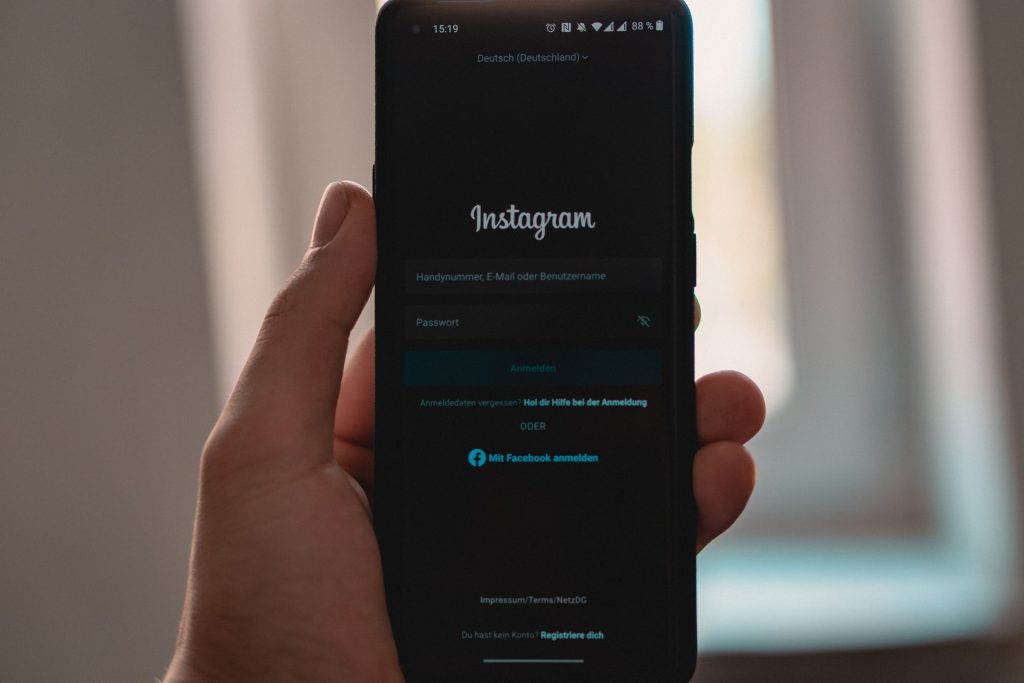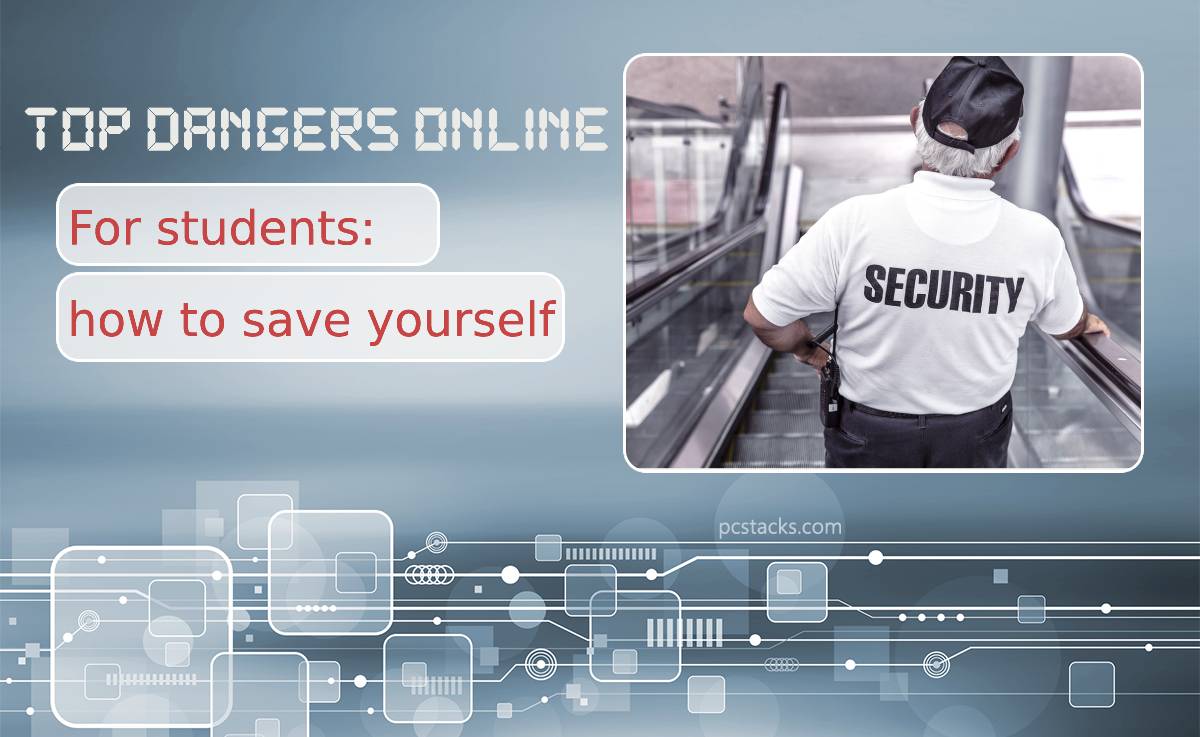Learn how to protect yourself while browsing the net or enjoying other student activities online as potential scams are present everywhere you can click with your mouse. Spending an enormous amount of time online as a student is inevitable, especially today with online classes and conferences via tablets or laptops.
Our mobile devices are an extension of ourselves, and without them, we would be lost in today’s world. While some enjoy binge-watching Netflix all day, there is a hidden cat and mouse battle between cybersecurity forces and fraudsters lurking unsuspecting students. There are entire companies and institutions whose sole job is to keep us and our internet data safe. Students are especially vulnerable to many kinds of cyberattacks like frauds, identity thefts, and all sorts of online harassment.
Table of Contents
1. You Can Be Anyone Online

That is one great and scary thing about the Internet, where everyone can make up their avatar or alter-ego as they please. Even more than that, people can steal your data and identity without you even knowing it, so internet protection is essential.
That is why keeping strong passwords or avoiding spam is essential even when getting good paper services for your essay assignments. If students use reliable service providers or ask EduBirdie to do their bidding, they will be alright, and what is most important, safe while browsing. Fraudsters can steal your data in several imaginative ways, including offering fake services and requesting your credit card numbers and other information.
All that is just the tip of the iceberg for stolen identities because your troubles are just starting there. Once students realize that their money is gone or their data used for unauthorized purchases, they will invest more energy in understanding cybersecurity basics. Although it is fun being someone else online and roleplaying via mobile apps, it is not that funny when you find yourself on the other side and become a victim yourself. Protect your data at all costs via two-step verification and by not following any suspicious links.
2. Stalking Is Hard to Avoid

If you have an Instagram page that you know what stalking is in a nutshell because all top celebrities have millions of followers who are obsessed with them. Each student does not have to be a celebrity to be a victim of a stalker because every school or university has a few of them.
They can troll you, send you hate mail, or disturbing photos, so adjusting your privacy settings on social media accounts is your first line of defense. Another noticeable thing is not accepting friend requests from people you do not know or share any connection with. Education requires concentrating on one’s exams or classes, so the last thing one needs is a stalker troll messing with his mind.
3. Keep Your Friends Close but Your Money Closer

Money schemes come in different ways, and students are particularly vulnerable to these kinds of frauds as they constantly converse with so many people online. These schemes come in the form of fake help requests, promises of lucrative investments, or just any story too good to be true.
No teacher can prepare you for dealing with these frauds; you have to educate yourself and avoid being too gullible when offered money for nothing. Never give away credit card numbers or any financial information at all to a third party that you do not trust. Students love purchasing online, so avoid super lucrative deals or offers that may seem a little bit shady.
Be careful when using your laptop or iPhone for studying, as online dangers lurk at every corner of the net. Protect yourself from these pests by updating your antivirus software, changing passwords regularly, or backing up your precious data. Avoid spam of any kind unless you are keen on learning a hard lesson about identity fraud or some elaborate money scam.
Conclusion
These are just some things young students can do to make their online learning experience more accessible. Stay vigilant, stay safe, so your college studies can remain protected and malware-free, leaving you enough time to enjoy social networks or binge-watching your favorite Netflix shows.




